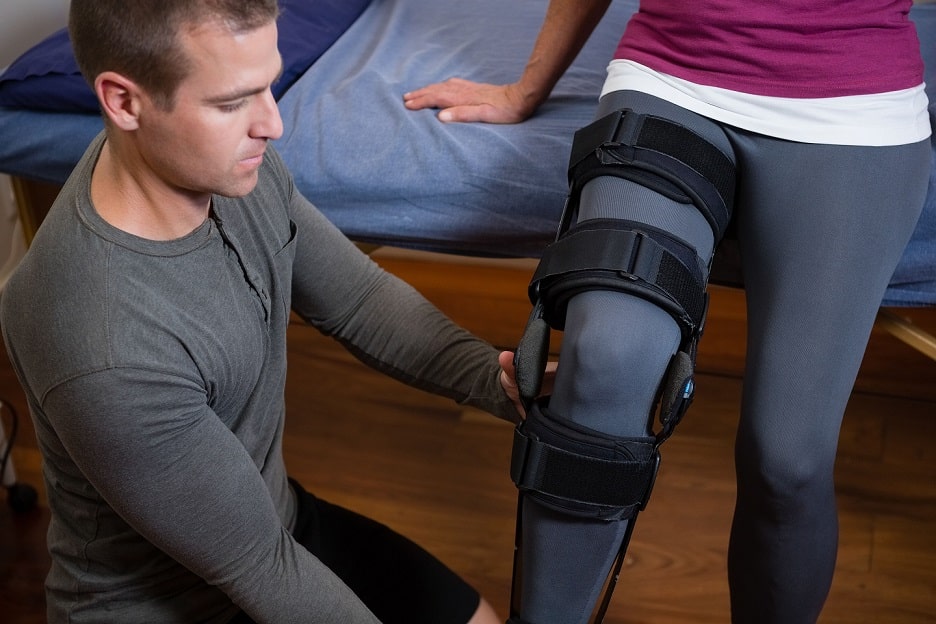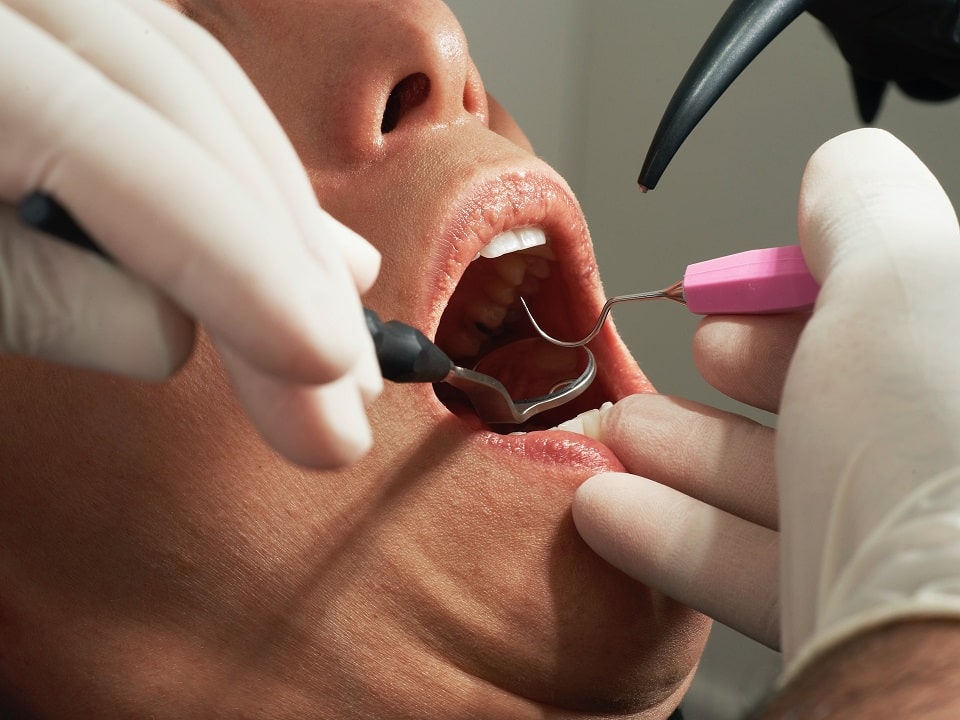Medical advice for Daybrook patients

Your health is the priority of course - utilise the advice available on the helpline number that has been set up by the NHS and visit the Arnold Health Centre drop in clinic for advice and testing if necessary.
As lawyers, we're of course not medical experts - but we have outlined some of the advice from the NHS here on our website to help you out as much as possible.
The three most concerning blood-borne infections you may have been exposed to through Mr D'Mello's ignorance of important infection control procedures are HIV and Hepatitis B and C.
HIV information
HIV stands for Human Immunodeficiency Virus and it attacks the immune system and affects the bodies ability to fight of other infections. People infected with HIV normally suffer with short bouts of flu-like symptoms within the first few weeks of infection.
These symptoms can include:
- Fevers and raised temperatures
- Sore throat and swollen glands
- Body rashes
- Tiredness / fatigue
- Joint and muscle pains
It's important to remember that there are many forms of illnesses that can cause these sorts of symptoms; so suffering with them doesn't mean you have HIV.
After the initial period of infection the symptoms may be dormant for many years as the virus continues to attack the body's immune system. It can take 10 years or so before you begin suffering with further symptoms. By the time that the immune system is damaged, where treatment hasn't taken place, you are at risk of falling ill to serious infections.
The later stages of the HIV infection is often referred to as AIDS (Acquired Immune Deficiency Syndrome).
HIV can be treated to slow the spread of the infection and reduce the risk of it being passed on to other people.
Hepatitis B information
Hepatitis B is a virus that can infect the liver, and symptoms can include:
- Sickness
- Loss of appetite
- Flu-like symptoms like tiredness, aches and pains, and headaches
- Jaundice (yellowing of the skin and eyes)
Like HIV, many infected people may have no idea for long periods of time because it can take up to six months for the symptoms to develop after exposure. On top of that the symptoms can easily be confused with general illnesses.
In many cases the infection will stay in the body for a few months, but in some cases, it will remain for longer without any noticeable symptoms. The liver damage can cause scarring which can then in turn increase the risk of liver cancer later on in life.
Other than the use of painkillers, there are no set treatment plans for Hepatitis B unless liver damage is evident; in which case, treatment can slow the spread of the virus.
Hepatitis C information
Like Hepatitis B, Hepatitis C is a virus that can infect and damage the liver, and symptoms can include:
- Flu-like symptoms such as aches and pains
- Tiredness / fatigue
- Depression
However, in the vast majority of cases, symptoms are barely noticeable and often very vague. Many people have no idea they are infected with the virus unless testing is undertaken.
Around a quarter of people will be able to successfully fight it off and be free of the virus in a few months. The remaining three quarters of people will have the virus for many years or for life. Scarring of the liver can also occur which can lead to liver failure or liver cancer later on in life.
You can treat Hepatitis C with antiviral medicines that help to stop the spread of the disease to the liver and prevent damage and scarring. The sooner treatment begins, the greater than chance of success - so it doesn't help that many people are asymptomatic.
How is HIV and Hepatitis B and C spread?
All can be spread through bodily fluids. In the case of Mr D'Mello and the Daybrook Dental Practise scandal, the sharing or use of contaminated and / or unsterilised dental equipment is particularly relevant for Hepatitis B. Hepatitis C is normally transmitted through blood to blood contact (such as needle reuse).
We're aware that the allegations and evidence brought to light in the case of Mr D'Mello has highlighted the reuse of gloves and failing to wash his hands between patients, as well as not sterilising equipment. Hepatitis B can be easily spread this way.
We're not yet aware of any needle reuse concerns, but the lack of adherence to basic infection control protocols by Mr D'Mello leaves a significant concern in all our minds as to the extent of just how poorly he may have practised.
HIV could have been spread through body fluids of someone else infected coming in to contact with you. If anything, its likely that the primary way in which it could have be transmitted to you would be through blood of an infected person coming in to contact with your own body internally. A reused needle example is again relevant here. The risk is deemed as low, and HIV is said to be a 'fragile' virus which means it doesn't last very long on its own outside of the human body.
A huge concern is that, if anyone has been infected, they may have no idea whatsoever. As such, they could easily have passed the infection on to other people which would most likely occur through sexual intercourse or through a parent passing it on to an infant through childbirth or breastfeeding.
Being Tested...
Hepatitis B can be diagnosed using a blood test which can show a positive reaction to the Hepatitis B surface antigen. This is the outer surface of the virus that triggers a response from the body's immune system. You can also have a liver function test to look for certain enzymes or proteins in the blood which can show evidence of liver damage.
Hepatitis C can be diagnosed with a blood test as well.HIV requires a more specialist test where a sample of blood is taken to detect antibodies, and it can take up to three months for signs of the antibodies to show.
More information can be found in the NHS Fact Sheets which can be downloaded or viewed online here http://www.england.nhs.uk/publications/patient-notification/
Call us on 0800 634 7575, or if you prefer why not arrange a callback from one of our team, for instant FREE advice on whether you have a Daybrook dental claim to make!
Need one of our expert claims team to call you back about a dental injury? Then please enter your name, the telephone number you would like us to call you back on, the accident type and when you would like us to contact you in the form below.











